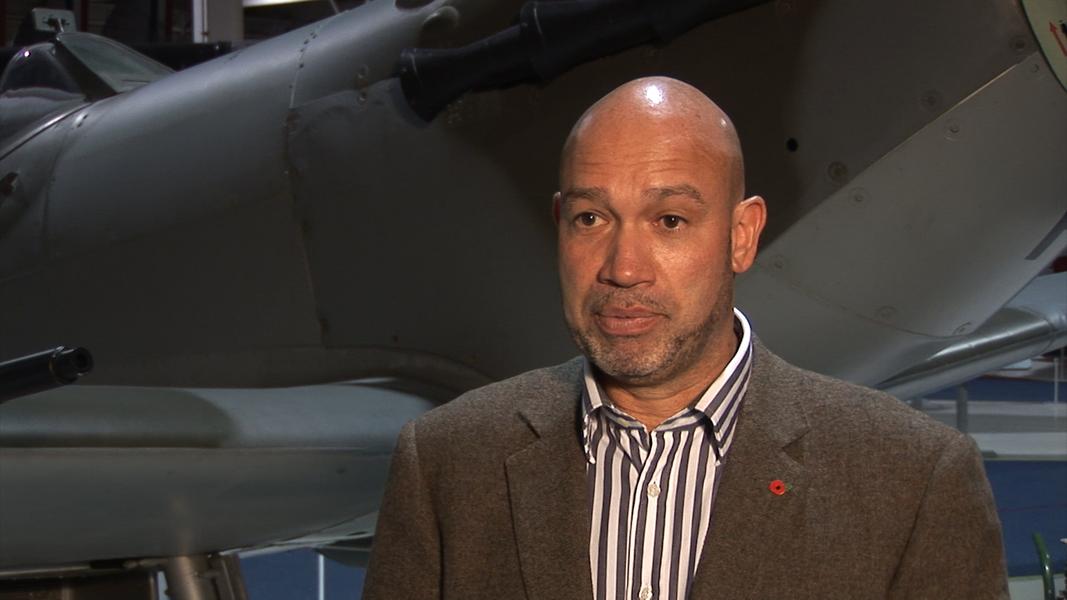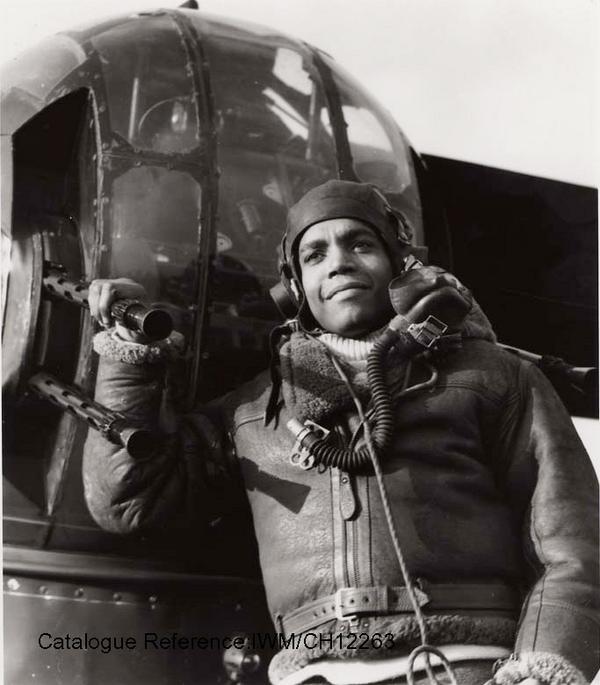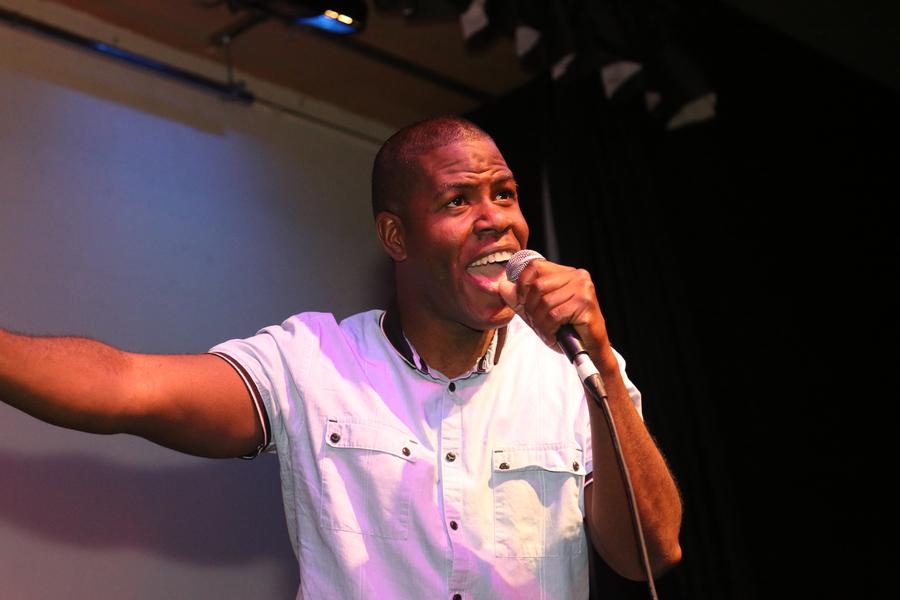it's challenging.
There are many in the
black Caribbean and black African
community in Britain and further field
who suggest quite forcefully
that these men came to fight a white man's war.
There are other's who simply ignore the story,
just not interested.
But I think there are important lessons to learn.
The first lesson, I believe, is that
when you stand up to totalitarian domination,
when you stand up to invaders
who would capture all the countries
and exploit their resources and subjugate their people,
it doesn't matter what color you are.
It matters that you stand up.
It matters that you resist.
And you do that across borders and across cultures
as a single unified force,
because if you don't, you fall individually.
The second lesson is that
it doesn't matter again what color you are.
Everybody is capable of performing to the same level,
given the same opportunities.
And it really was about opportunity.
Once these men were allowed to serve,
and they had to fight to serve in many cases.
Some of them paid their own way to come to Britain
and some of them applied two, three, four times
before being accepted.
But once they were allowed to serve,
once they were given that opportunity,
they perform just as well as anybody else.
There is, in my opinion, actually no such thing as race.
There is only racial prejudice,
but underneath that we are all the same human species
and we're all capable of exactly the same things.
And that's my main takeaway from this tale.



